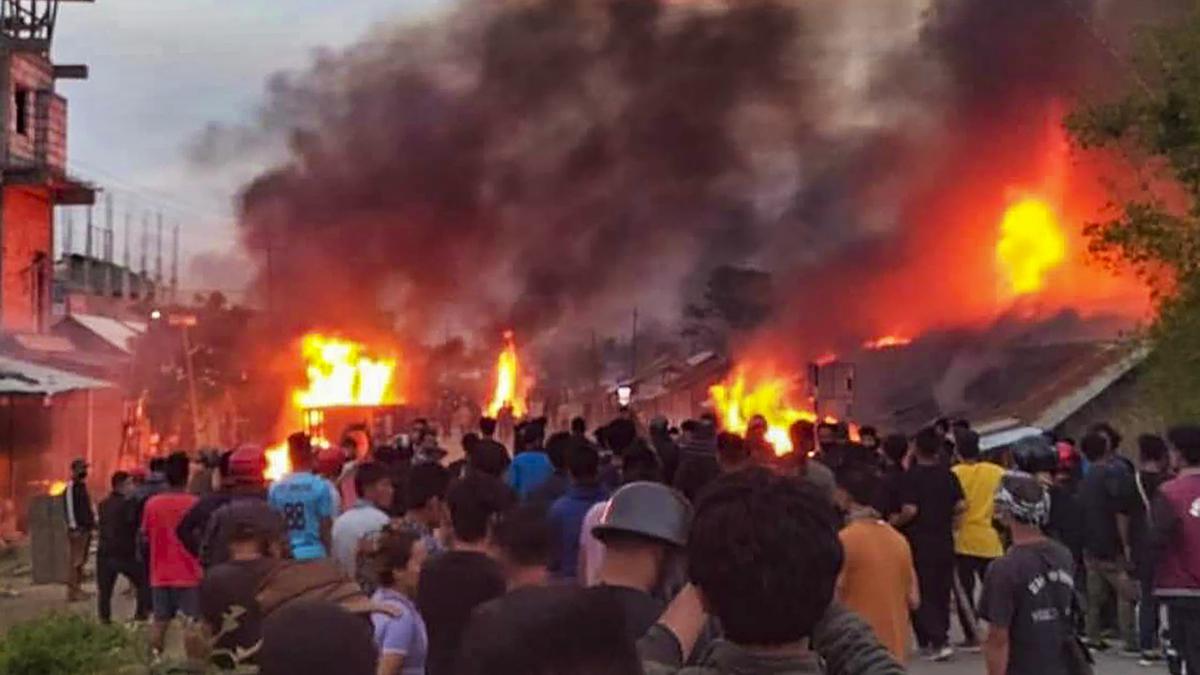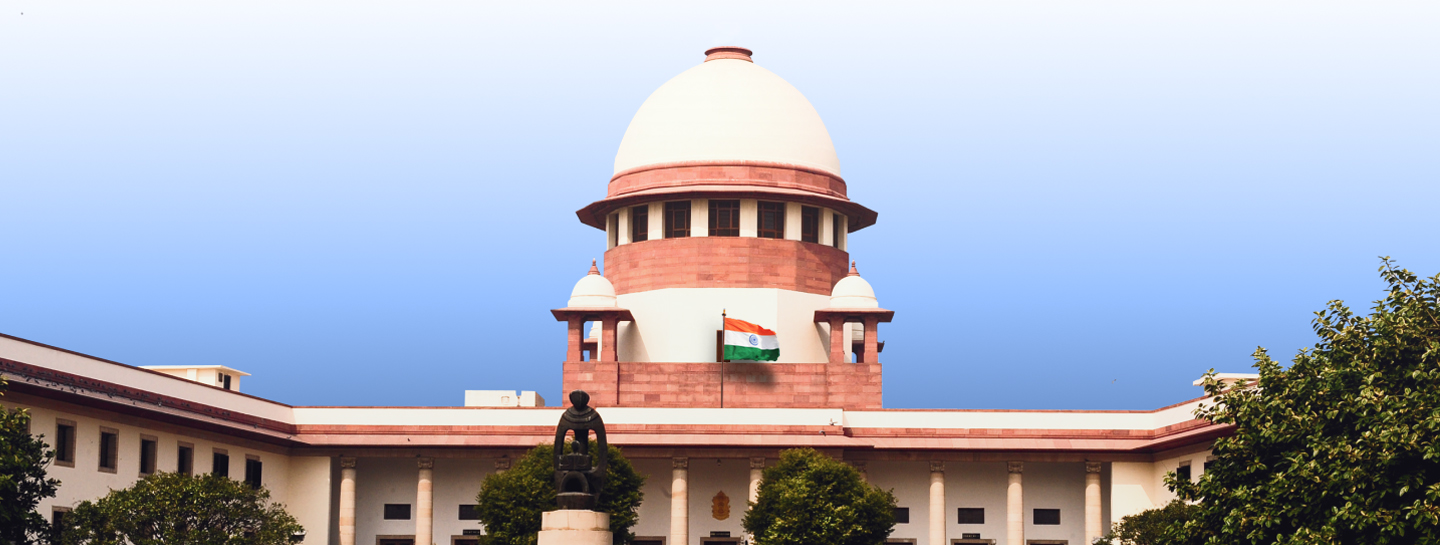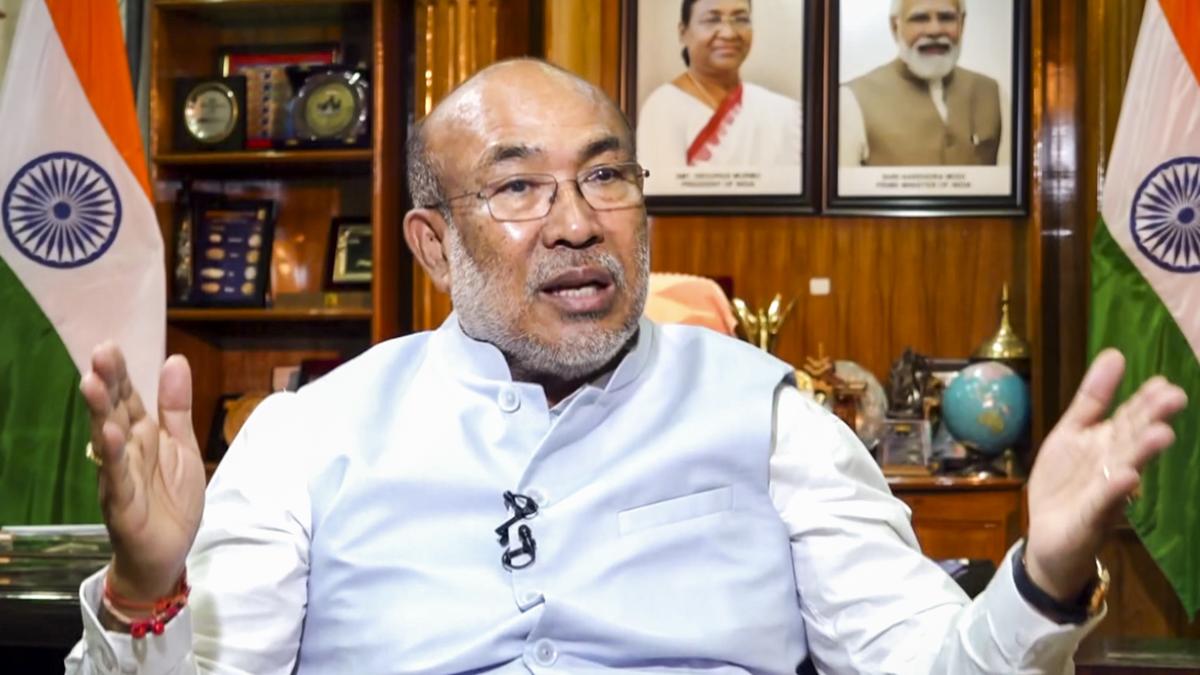Supreme Court Judges to Visit Manipur Relief Camps on March 22
A team of six Supreme Court judges will visit relief camps in Manipur on March 22, 2025, to assess the condition of displaced families and provide legal and humanitarian aid. The visit is being led by Justice Bhushan R. Gavai, the executive chairman of the National Legal Services Authority (NALSA). Other judges in the delegation include Justices Surya Kant, Vikram Nath, M.M. Sundresh, K.V. Viswanathan, and N. Kotiswar Singh. The purpose of this visit is to review the living conditions of internally displaced persons (IDPs) and strengthen legal assistance programs. The visit also coincides with the 12-year celebration of the Manipur High Court.
The Root Cause of Violence in Manipur
The conflict in Manipur began on May 3, 2023, when violence erupted between the Meitei and Kuki communities.
The conflict, which has been brewing over issues like land rights, political representation, and ethnic identity, quickly turned into major riots. Sadly, more than 250 people lost their lives, and over 60,000 were forced to leave their homes. Thousands of houses were destroyed, and many villages were set ablaze. To escape the chaos, families affected by the violence found refuge in relief camps set up by the government and humanitarian groups. Even with various rehabilitation efforts, a lot of people are still stuck in these camps, trying to put their lives back together.
Legal and Medical Aid for Displaced People
One of the major objectives of the judges’ visit is to provide legal aid to displaced individuals who have lost their homes and properties. Many affected people need assistance with legal documentation to reclaim their land and receive compensation for their losses. To address this, the Supreme Court judges will inaugurate several legal aid clinics in districts such as Imphal East, Imphal West, and Ukhrul. These clinics are here to help folks who need a hand with property disputes, sorting out government compensation, and tackling other legal issues. Plus, the judges are kicking off some awareness programs to help displaced families understand their rights and the legal options they have available.
Apart from legal aid, medical assistance is also a key focus of the visit. Many people in the relief camps have been living in poor conditions, with limited access to healthcare. Malnutrition, infections, and mental health issues are widespread due to the lack of proper medical facilities. To address this, the judges will oversee the establishment of medical aid camps, where displaced individuals can receive free check-ups, medicines, and necessary treatment. Doctors and healthcare workers will be deployed to provide medical care to those suffering from injuries, chronic illnesses, and psychological trauma caused by the violence.
Challenges Faced by People in Relief Camps
Despite efforts by the government and various organizations, life in the relief camps remains challenging. Overcrowding is a serious issue, with too many people living in small, makeshift shelters. The lack of sanitation facilities and clean water has led to outbreaks of diseases, making life even more difficult for displaced families. Many people who lost their jobs and businesses due to the violence are now unemployed, with no stable source of income. Without economic stability, they are unable to support their families or plan for the future. Mental health concerns are also increasing, as people struggle to cope with the trauma of losing their homes and loved ones.
The crisis in Manipur has drawn attention from international human rights organizations. Amnesty International has urged the Indian government to take immediate steps to protect displaced communities and ensure their safe return home. The United Nations has also expressed concern over human rights violations and the lack of adequate support for affected families. Meanwhile, reports indicate that armed militants from neighboring Myanmar have taken advantage of the situation, further complicating efforts to restore peace and security in the region.
Need for Long-Term Peace and Stability
The challenges to restoring normalcy in Manipur are significant. Even though the intensity of violence has decreased, sporadic clashes still occur in some areas, preventing displaced people from returning home. Many affected individuals fear for their safety and do not trust that the government can fully protect them. The deep-rooted divisions between the Meitei and Kuki communities have created further difficulties in reconciliation. Without strong peacebuilding efforts, it will be hard to restore trust and unity between the communities. Another major issue is the slow response from the government. Many displaced families have not received the compensation they were promised, and government-led rehabilitation projects have faced delays due to bureaucratic hurdles. Economic challenges also make recovery difficult, as people who lost their businesses and land in the violence now struggle to rebuild their livelihoods.
To ensure lasting peace and stability in Manipur, several steps need to be taken. The government must improve security measures to prevent further violence and ensure the safe return of displaced families. Stronger financial aid programs are needed to help affected individuals rebuild their homes and start new businesses. More job opportunities should be created to support displaced workers and prevent further economic hardship. Mental health support is also crucial, as many people are still dealing with the trauma of the violence. Psychological counseling and social programs should be introduced to help survivors recover emotionally. Community engagement programs should be promoted to encourage dialogue and understanding between the Meitei and Kuki communities. Only by addressing the root causes of the conflict can lasting peace be achieved.
The Supreme Court judges’ visit to Manipur’s relief camps marks an important step in addressing the ongoing humanitarian crisis. Their efforts to provide legal aid, medical assistance, and essential relief materials will bring much-needed support to displaced families. However, the visit alone will not be enough to solve the deep-rooted issues in Manipur. The government, judiciary, and civil society must work together to ensure that displaced individuals receive proper rehabilitation and support. The visit brings hope to affected communities, but real change will require continuous efforts to rebuild lives, restore trust, and establish lasting peace in the region.




